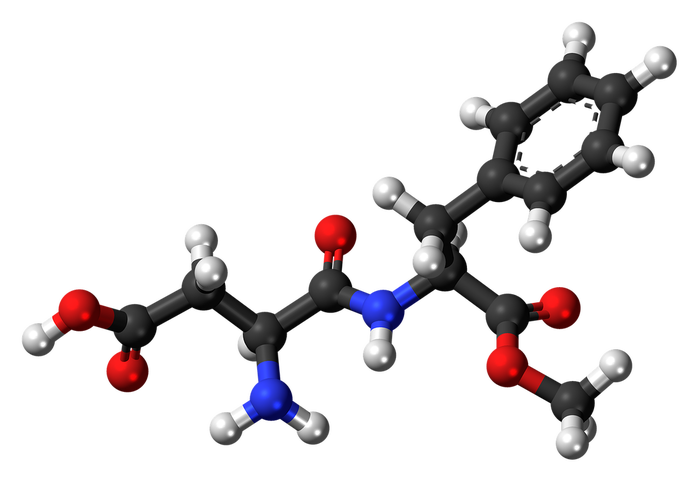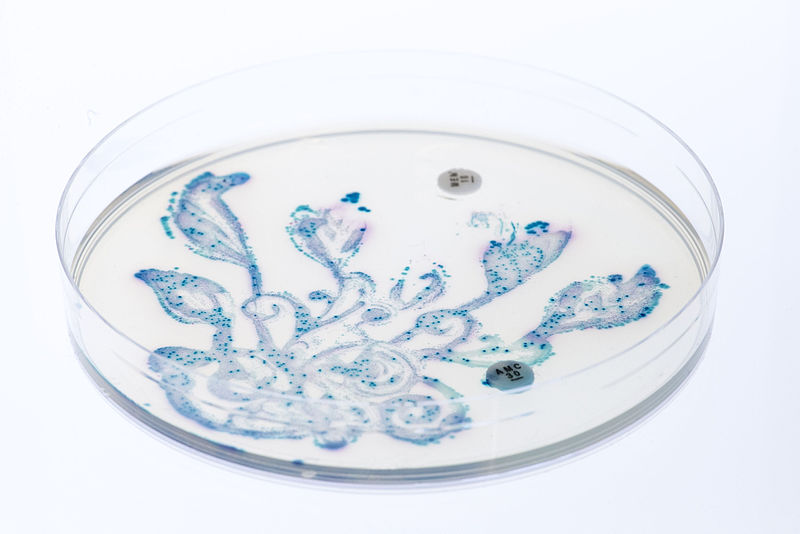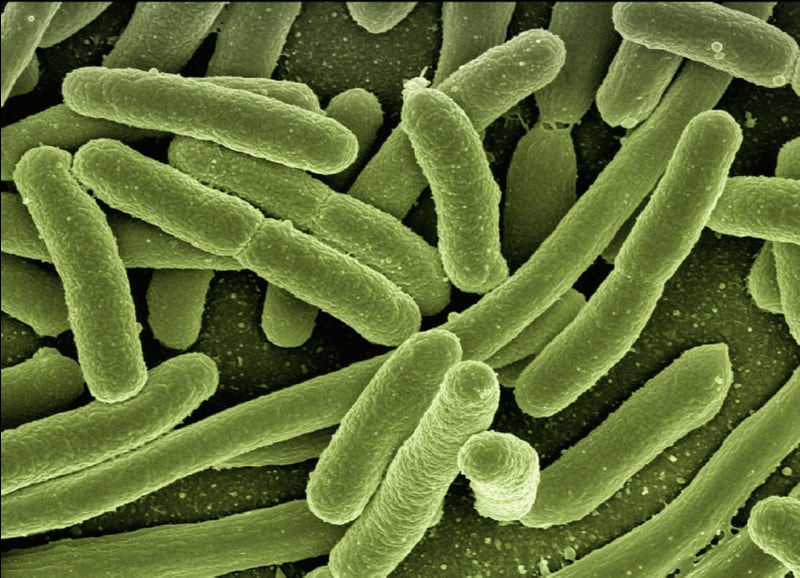How Diet Could be the Worst Option: Problems with Artificial Sweeteners
The words “zero sugar” and “zero calories” on diet soda cans grab the attention of many Americans looking to cut down on calories while still getting the bubbly satisfaction of soda.
Many diet soda companies use non-caloric artificial sweeteners (NAS) instead of sugar. Non-caloric artificial sweeteners are sugar substitutes that provide the sweet taste many people crave without the extra calories and are inexpensive for companies to purchase. All these perceived benefits of artificial sweeteners have led to the increased production and consumption of diet sodas with these sugar substitutes.
However, recent research showed that diet sodas could in fact be worse for one’s health than their sugary counterparts because it could decrease glucose tolerance. In a study published in Nature magazine, researchers studied the effect of NAS on the bacteria in the gut and how these changes in the gut microbiota, the population of bacteria that live in the intestines, affected glucose metabolism.
The study involved six groups of mice: one treated with only water, three treated with water and different types of NAS, and two treated with water and glucose or sucrose. After 11 weeks, the researchers found that the three groups of mice treated with water and NAS developed glucose intolerance; their cells could not readily take up glucose, so the mice had higher blood glucose level. A higher blood glucose level is a risk factor for many diseases, including diabetes, cardiovascular diseases, and obesity.
Many diet soda companies use non-caloric artificial sweeteners (NAS) instead of sugar. Non-caloric artificial sweeteners are sugar substitutes that provide the sweet taste many people crave without the extra calories and are inexpensive for companies to purchase. All these perceived benefits of artificial sweeteners have led to the increased production and consumption of diet sodas with these sugar substitutes.
However, recent research showed that diet sodas could in fact be worse for one’s health than their sugary counterparts because it could decrease glucose tolerance. In a study published in Nature magazine, researchers studied the effect of NAS on the bacteria in the gut and how these changes in the gut microbiota, the population of bacteria that live in the intestines, affected glucose metabolism.
The study involved six groups of mice: one treated with only water, three treated with water and different types of NAS, and two treated with water and glucose or sucrose. After 11 weeks, the researchers found that the three groups of mice treated with water and NAS developed glucose intolerance; their cells could not readily take up glucose, so the mice had higher blood glucose level. A higher blood glucose level is a risk factor for many diseases, including diabetes, cardiovascular diseases, and obesity.
Image Source: WikimediaImages
Researchers hypothesized that changes in glucose tolerance were directly related to changes in the gut microbiota. From studying the fecal matter of the mice, the researchers found that the mouse group fed with NAS had a microbiome different from both their own starting microbiomes as well as the resulting microbiomes in the other mice groups. The mice fed NAS had changes in the levels of more than 40 groups of bacteria, including an increase in the classifications of Bacteroids and Clostridiales.
To test if different microbiota caused glucose intolerance, researchers took the resultant microbiota of the mice treated with NSA and transferred it into germ-free mice. They then compared germ-free mice with a group that was treated with a control culture of bacteria, which is a constant culture of bacteria that provides a baseline to allow scientists to see whether the treatment had an effect. Comparisons showed a significantly higher glucose intolerance in the germ-free mice compared to the control group.
With these results, researchers accepted the hypothesis that the change in microbiota directly affected the glucose tolerance of the mice. The increased glucose intolerance shows one of the negative effects of artificial sweeteners meant to decrease weight loss, as artificial sweeteners are now shown to be a precursor for diseases like obesity and diabetes.
The health implications of artificial sweeteners are not concrete, as more than one study is needed to get a definitive overview of the consequences of artificial sweeteners. However, those looking to lose weight should grab some water instead of taking a risk with diet sodas.
To test if different microbiota caused glucose intolerance, researchers took the resultant microbiota of the mice treated with NSA and transferred it into germ-free mice. They then compared germ-free mice with a group that was treated with a control culture of bacteria, which is a constant culture of bacteria that provides a baseline to allow scientists to see whether the treatment had an effect. Comparisons showed a significantly higher glucose intolerance in the germ-free mice compared to the control group.
With these results, researchers accepted the hypothesis that the change in microbiota directly affected the glucose tolerance of the mice. The increased glucose intolerance shows one of the negative effects of artificial sweeteners meant to decrease weight loss, as artificial sweeteners are now shown to be a precursor for diseases like obesity and diabetes.
The health implications of artificial sweeteners are not concrete, as more than one study is needed to get a definitive overview of the consequences of artificial sweeteners. However, those looking to lose weight should grab some water instead of taking a risk with diet sodas.
Featured Image Source: arker
RELATED ARTICLES
|
Vertical Divider
|
Vertical Divider
|
Vertical Divider
|






